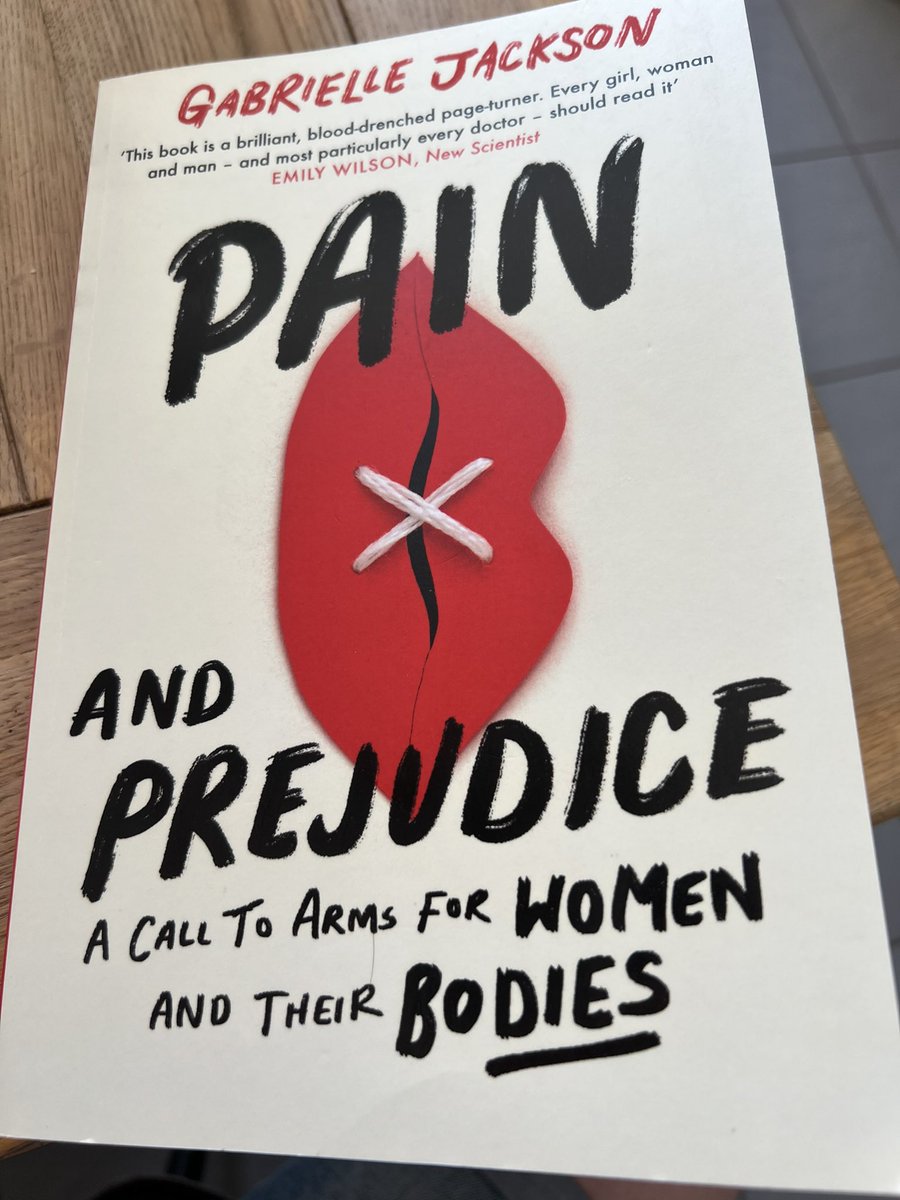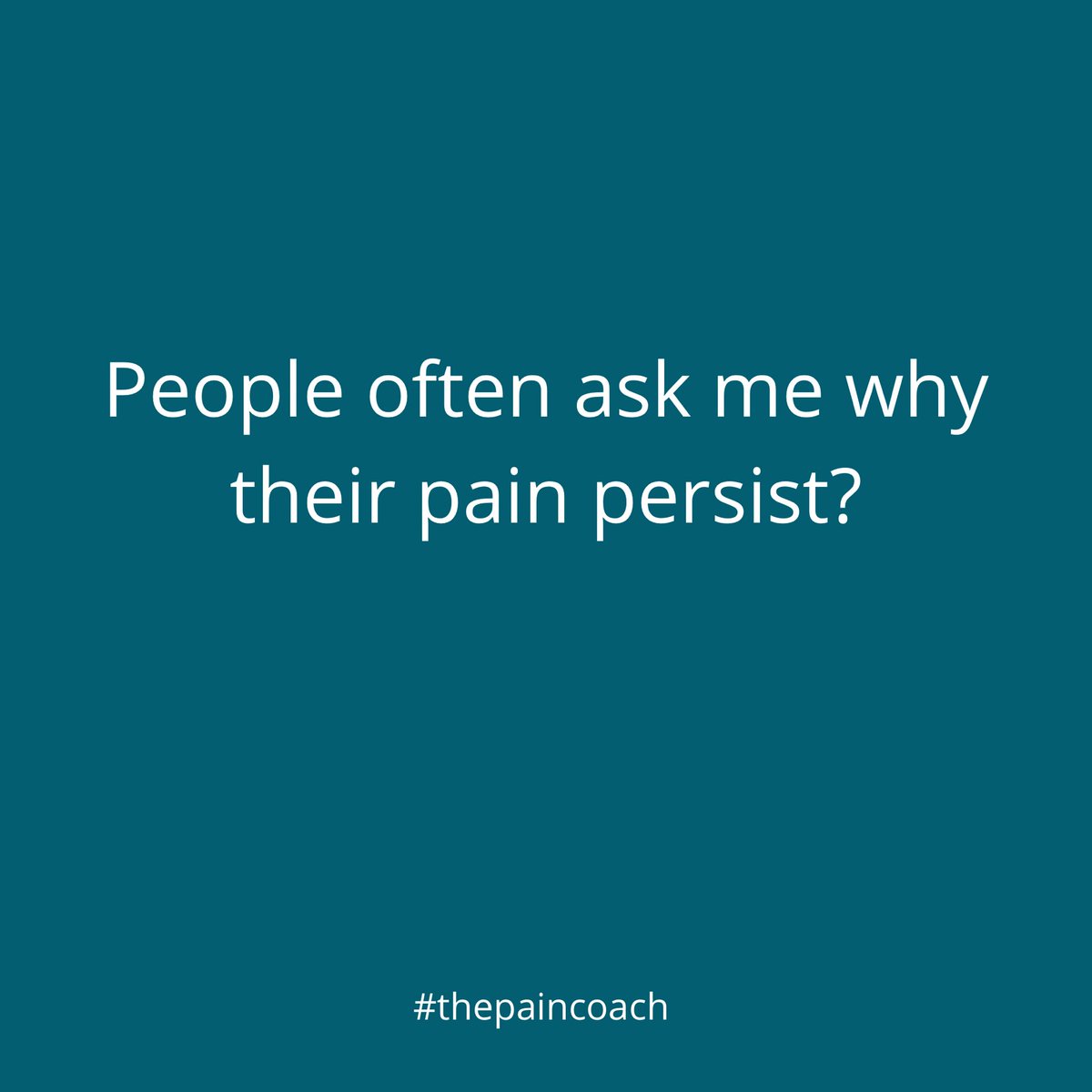
What the biomedical model does… 🧵
Well or unwell.
Mind or body.
Healthy or sick.
#thepaincoach #chronicpain
1. #thread
Well or unwell.
Mind or body.
Healthy or sick.
#thepaincoach #chronicpain
1. #thread

Fortunately more and more clinicians are noticing that despite being trained to think this way, it does not work. Why?
Because it’s not the experience we have as humans.
Take pain as an example.
Take pain as an example.
It’s the person who feels pain, not the body part, not the brain, not a body system.
You can’t see pain. So there’s no test for it. Except the one when you ask the person what it is like to be them.
You can’t see pain. So there’s no test for it. Except the one when you ask the person what it is like to be them.
And if you ignore that, you’re immediately going down the wrong path.
Recently I heard of a lady in her 70s who was told that she needed bilateral knee replacements because of her xrays. She told the doctor that her knees were fine and worked perfectly well. Still he insisted. Fortunately so did she and is continuing to be active.
This is a blatant example of ignoring the lived experience, only using an objective test together with a healthy dose of arrogance—‘I know better than you about your experience and your life’. This approach is out-dated and needs to be cast into the bin forever.
• • •
Missing some Tweet in this thread? You can try to
force a refresh









